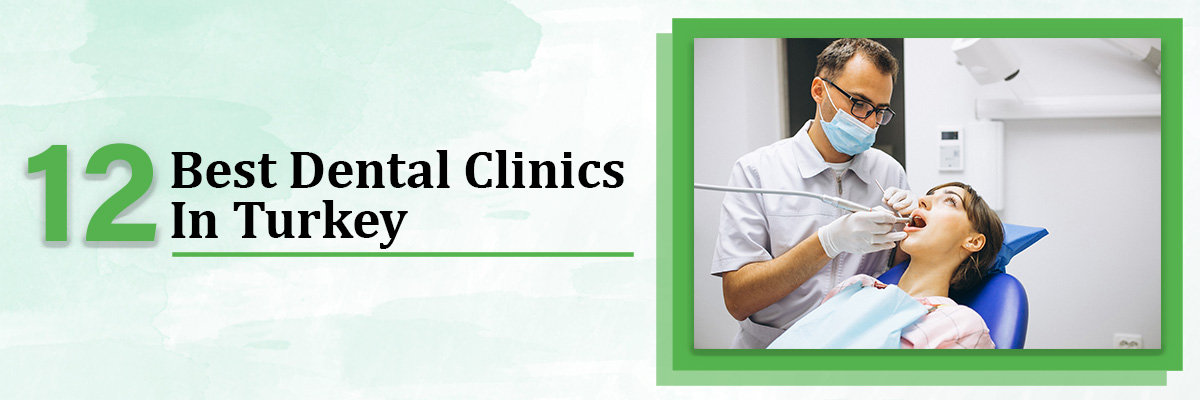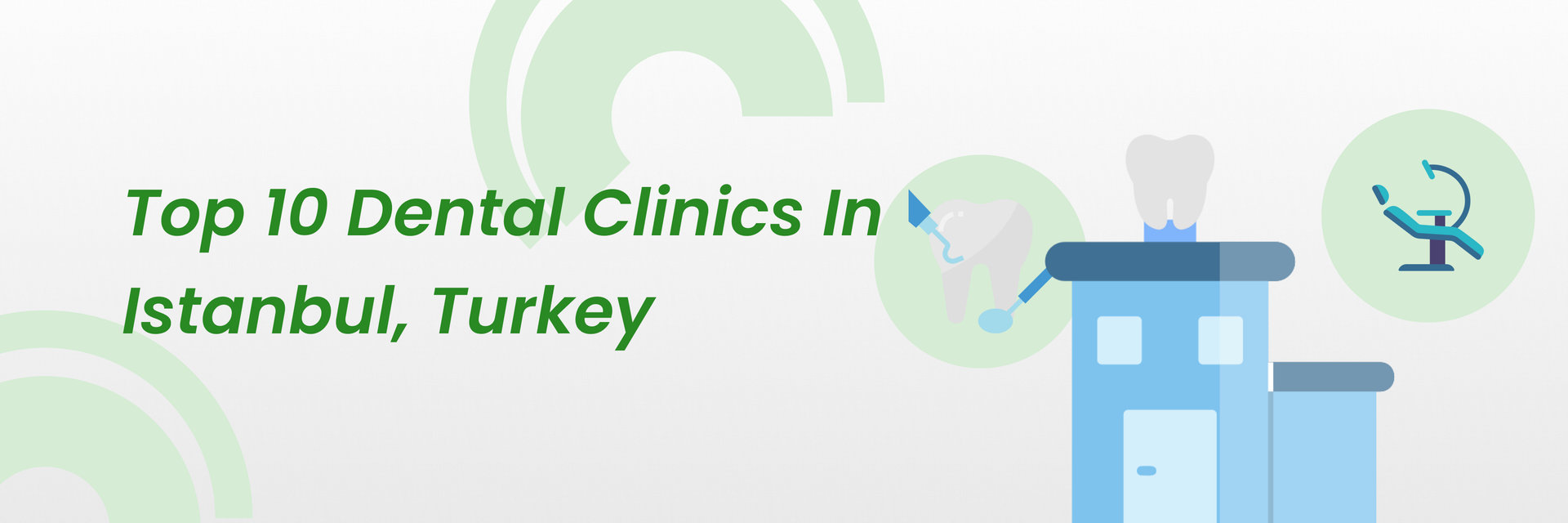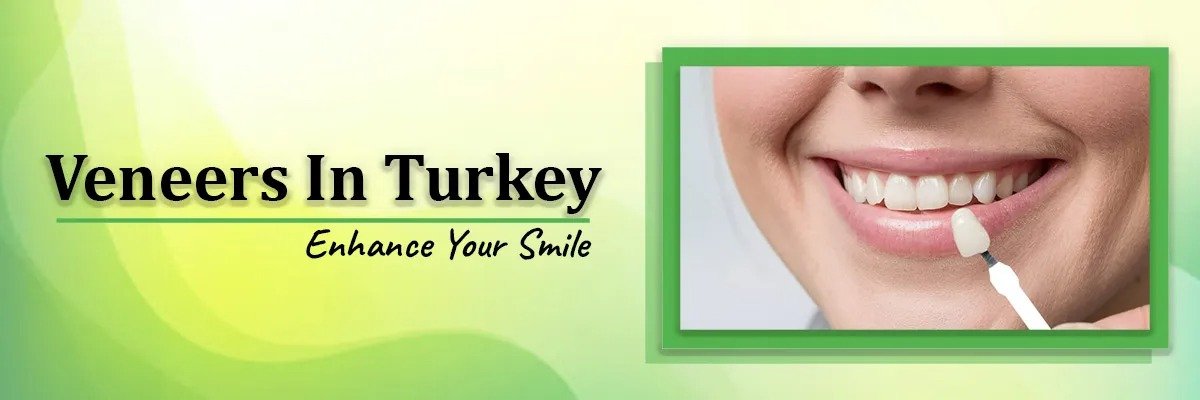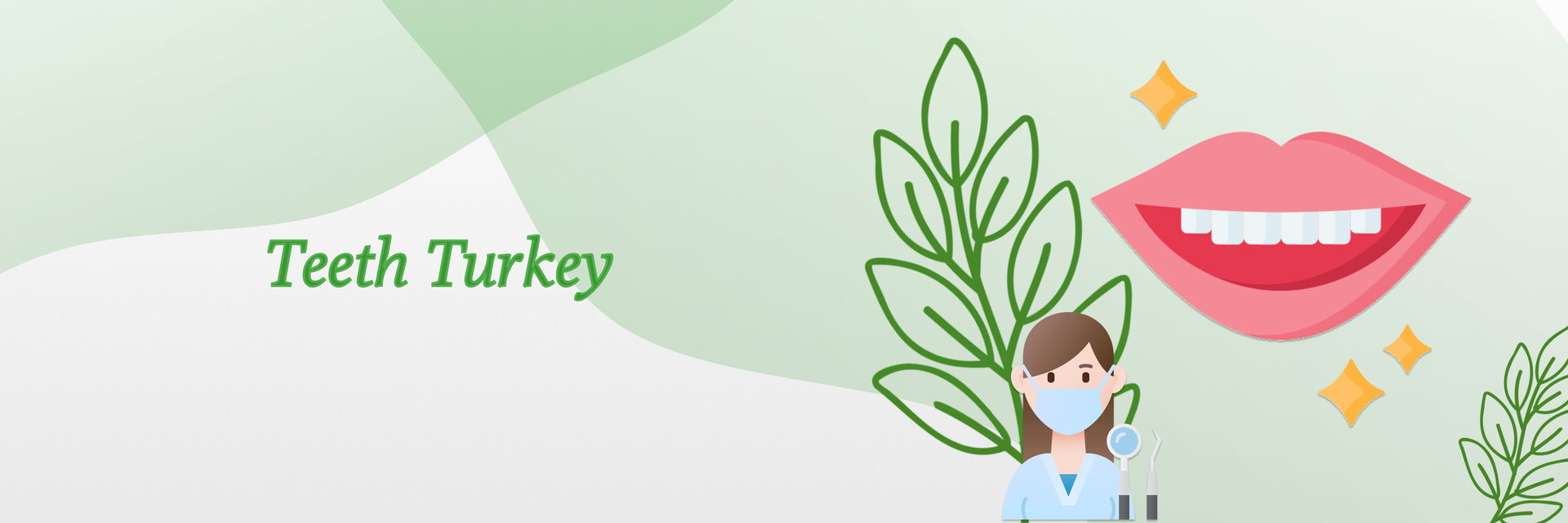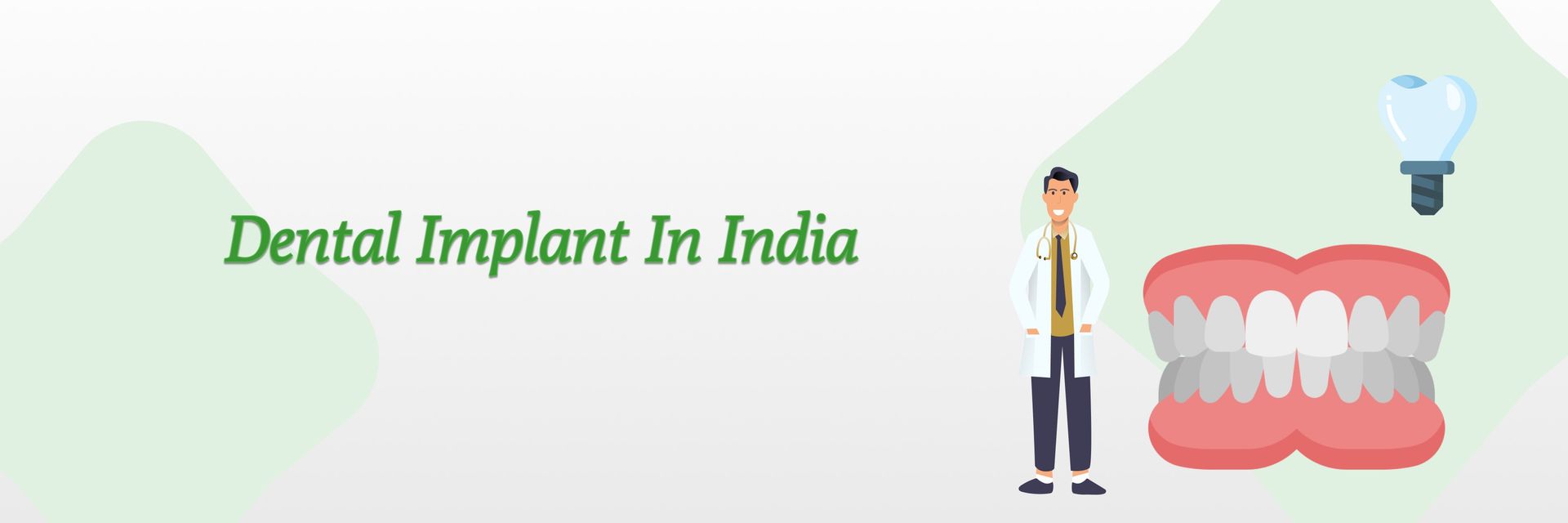Overview
Sleep is vital for your overall health, but many people underestimate how closely it connects to oral health. If you often wake up with jaw pain, headaches, dry mouth, or worn-down teeth, the problem may not just be lack of rest. These signs may point to sleep-related oral issues.
The good news is that your Dentist in Burlington can help you identify, manage, and treat these conditions so you can sleep better and protect your oral health.
Understanding Sleep-Related Oral Issues
Sleep-related oral issues are conditions that affect both your sleep quality and dental health. They are often overlooked because people focus on general sleep problems without considering how the mouth plays a role. Yet, oral symptoms frequently reveal the hidden cause of disrupted sleep.
Common sleep-related oral issues include:
Why Oral Health and Sleep Are Connected
Your mouth and airway work together during sleep. When there is an obstruction in airflow, or when your jaw alignment is off, it impacts how well you breathe and how rested you feel. Similarly, when you grind your teeth, the constant pressure wears down your enamel and stresses your jaw muscles.
A dentist can see the warning signs that you may not notice yourself. Worn enamel, receding gums, mouth sores, and inflamed jaw joints all point to underlying sleep-related issues. By addressing these signs early, you prevent more serious problems down the road, such as severe tooth damage, chronic fatigue, or long-term jaw disorders.
Sleep Related Oral Issues and the Role of Dentists to Treat them
Understanding how sleep affects your oral health is an important first step, but knowing how dentists identify and treat related issues is what truly helps protect your smile.
Bruxism: Teeth Grinding During Sleep
Bruxism is one of the most common sleep-related oral problems. You may not realize you are grinding your teeth until you wake up with any of these issues:
- Jaw soreness
- Headaches
- Tooth sensitivity
Over time, bruxism can cause cracked teeth, gum recession, and even tooth loss. A dentist can design a custom night guard that fits comfortably over your teeth. Unlike over-the-counter guards, a custom-made device protects your bite alignment while absorbing grinding forces. In addition, your dentist may suggest lifestyle adjustments such as stress management, proper posture, or relaxation techniques before bed to reduce clenching.
Sleep Apnea and the Dentist’s Role
Sleep apnea is a serious condition where your breathing repeatedly stops and starts during the night. While it is often linked to snoring, the effects go far beyond noise. Sleep apnea may cause the following issues:
- Oxygen deprivation leading to daytime fatigue
- Difficulty in concentration
- Increased risk of heart disease
Dentists play a crucial role in screening for sleep apnea. If you show symptoms such as chronic snoring, morning headaches, or dry mouth, your dentist may recommend further testing. They may also provide oral appliance therapy, a custom device that repositions your jaw and tongue to keep your airway open while you sleep.
Unlike bulky CPAP (Continuous Positive Airway Pressure) machines, oral appliances are compact and easy to use. They make a significant difference in sleep quality and overall health when worn consistently.
Dry Mouth
Dry mouth may seem like a minor issue, but it can disrupt your sleep and damage your oral health. Saliva is essential for washing away bacteria and neutralizing acids. Without enough saliva, your teeth and gums become vulnerable to decay, infections, and discomfort.
Your dentist can pinpoint the reason behind dry mouth. It may be related to medication, dehydration, or open-mouth breathing at night. They may recommend mouth rinses designed to increase moisture, suggest hydration habits, or fit you with a guard that encourages closed-mouth breathing. By managing dry mouth, you not only sleep better but also safeguard your teeth and gums.
Jaw Pain and TMJ Disorders
If you experience clicking sounds, stiffness, or soreness in your jaw when you wake up, you may have a temporomandibular joint (TMJ) disorder. These issues often worsen at night when jaw muscles are tense or when clenching occurs unconsciously.
A dentist can evaluate your bite alignment and jaw function. Treatment may involve custom splints, bite adjustments, or even orthodontic solutions such as clear aligners to balance pressure on your jaw. Addressing TMJ problems early prevents long-term damage and restores comfort during sleep.
How Dentists Detect Sleep-Related Issues
Dentists are trained to look for subtle changes in your teeth, gums, and jaw that reveal underlying problems. During a routine checkup, they may notice worn enamel, receding gum lines, or inflamed jaw muscles. They may also ask questions about your sleep quality, snoring habits, or morning headaches to uncover potential concerns.
What sets dentists apart is their ability to connect oral symptoms to larger health patterns. By combining clinical observation with advanced diagnostic tools, they provide a full picture of how your oral health and sleep interact.
Treatment Options Tailored to You
Dentists do not rely on a one-size-fits-all approach. Depending on your condition, they may recommend:
- Custom night guards to protect against grinding
- Oral appliances for sleep apnea management
- Moisturizing rinses or guards for dry mouth
- Jaw alignment therapy or orthodontics for TMJ disorders
- Preventive hygiene care to strengthen enamel and gums
Why You Should Not Ignore the Signs
Ignoring sleep-related oral issues can have serious consequences. Cracked teeth, gum disease, chronic headaches, and poor-quality sleep affect more than your mouth, they harm your health, mood, and productivity. Addressing these issues early saves you from costly treatments later and allows you to enjoy healthier, more restful nights.
By consulting a trusted dentist, you take proactive steps to safeguard both your oral health and your sleep.
How Burlington Family Dentists Help You Sleep with Good Oral Health
Burlington Family Dentists understand how closely your oral health and sleep are connected. Conditions such as teeth grinding, snoring, sleep apnea, and jaw pain can disrupt your rest and damage your smile over time. Their team provides expert screenings, custom oral appliances, and personalized treatment plans to help you manage these issues effectively. With advanced care and a compassionate approach, make it possible for you to protect your teeth, improve your sleep, and wake up feeling refreshed.
Final Thoughts
Your oral health and sleep are deeply connected. If you experience grinding, snoring, dry mouth, or jaw pain, it is time to seek professional care. A Dentist in Burlington can help you uncover the root cause, design tailored solutions, and guide you toward better rest and improved well-being.
Do not let sleep-related oral issues affect your daily life. With expert dental care, you can protect your smile, restore comfort, and finally wake up refreshed.

